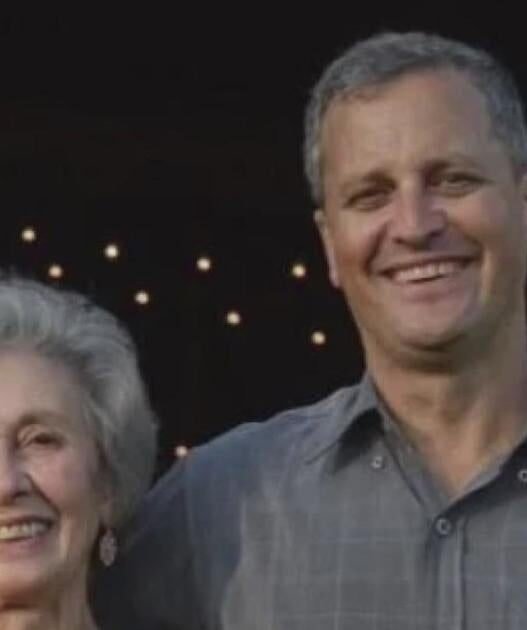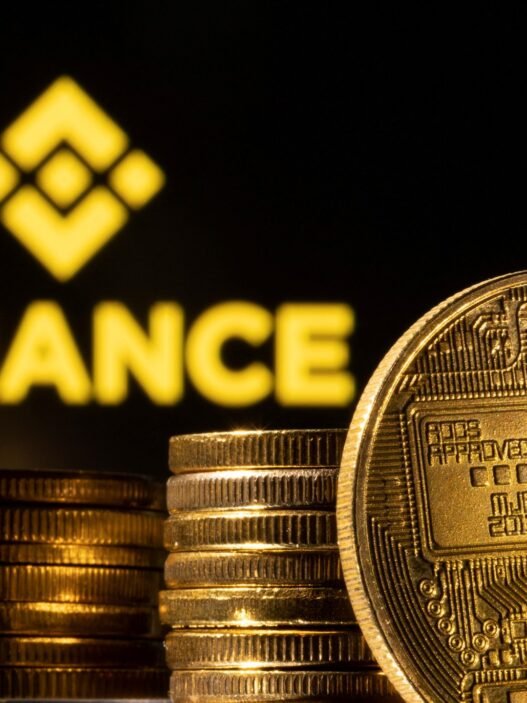Secretary of State Marco Rubio announced last week that El Salvador’s president offered to incarcerate deportees from the U.S. of any nationality, including U.S. citizens, but the deal came the same day as a less-publicized offer from the United States: nuclear power.
El Salvador’s Foreign Minister Alexandra Hill Tinoco said a civil nuclear cooperation agreement with the U.S. would help power the central American country “at competitive pricing without depending on geopolitics or on oil prices.”
“The experience that [the United States has] on civil nuclear energy will give us all of the tools we need to train our people, to train our Salvadoran experts, who will lead the technical and regulatory aspects of this transition — this unprecedented transition,” Hill Tonoco said.
Rubio hailed the nuclear cooperation agreement just before announcing that El Salvador’s president, Nayib Bukele, also agreed to take deportees and incarcerated Americans from the U.S. and “put them in his jails.”
Bukele said he would charge the United States a “relatively low” fee to house convicted criminals in El Salvador’s Terrorism Confinement Center, or CECOT, a mega-prison built to hold up to 40,000 people. He said the nominal cost for America would help make El Salvador’s prison system sustainable.
El Salvador Presidency / Handout/Anadolu via Getty Images
The nuclear agreement is a potential national security win for the United States, according to Edward Kee, who in 2022 was appointed to the Department of Energy’s Nuclear Energy Advisory Committee.
“A nuclear power plant is a hundred-year deal. If a country in Central America signed up for a Russian or Chinese reactor, this would not be good for U.S. national security in the region,” said Kee, who founded the Washington-based Nuclear Economics Consulting Group. “This is especially a concern because these Russian and Chinese nuclear power deals usually include broader government-to-government arrangements.”
The United States is the largest producer of nuclear energy, accounting for about 30% of the worldwide total, according to the World Nuclear Association.
Proponents say nuclear energy is one the most environmentally friendly, reliable existing energy resources, but critics view it as dangerous, wasteful and expensive.
Energy Secretary Chris Wright has promised to prioritize the production of nuclear power and liquefied natural gas under the Trump administration. Investors cheered and stocks jumped when Wright, a fossil fuel company executive, was nominated.
Partner countries must sign what’s known as a 123 Agreement with the United States before the U.S. licenses significant exports of U.S.-origin nuclear material and equipment. At their core, the agreements are intended to advance shared nuclear nonproliferation and security objectives between the United States and its partners, the State Department said in its information page outlining these agreements.
The U.S. had 25 such agreements as of Feb. 3, including with the United Kingdom, Singapore, Norway and others. El Salvador would be the first and only country from Central America in that group.
El Salvador is pursuing nuclear power — signing a similar agreement with Argentina in October — at a time when the barriers that have prevented smaller countries from developing it may be receding, according to Alfonso Blanco, the former executive director of the intergovernmental Latin American Energy Organization.
“There is a significant opportunity for the revival of nuclear energy through small-scale reactors, and the technology requires demonstration sites in countries that lack developed nuclear capacities,” said Blanco, who now works for The Dialogue, a Washington-based think tank. “This could represent a potential development path for El Salvador.”
Blanco said El Salvador and most other countries have limited options for procuring the necessary fuel for nuclear power because only eight countries have the technical capacity to enrich uranium.
“For El Salvador, positioning itself as a regional pioneer in the use of a new nuclear technology could present an interesting opportunity, especially considering that such infrastructure projects have significant spillover effects on job creation and local capacity development,” Blanco said.
But while the country’s mega-prison is already built and ready to house tens of thousands of people, its nuclear plans are in their infancy.
That means El Salvador is unlikely to close in on nuclear power while President Trump is in office, according to Francisco Monaldi, director of the Latin America Energy Program at Rice University’s Baker Institute for Public Policy.
“This is something that probably will not happen during the Trump administration, and it will take a long time to materialize, if it materializes,” Monaldi said.











